
So many films rely on a last minute twist…M Knight Shyamalan built a career on exactly that. However Baz Luhrmann, in his Red Curtain trilogy, said that one of the basics was “that the audience knows how it will end when it begins”. Personally, I think “when it begins” is overstating things but within the first ten minutes is accurate. So there tends to be a dichotomy, films that have a big twist and those that don’t.
Unfortunately, the thing with twist-centric films is they remind me of the Roald Dahl short stories that I read as a student way back in the last millennium. These were the stories which went on to be the basis of the ‘Tales Of The Unexpected’ TV series. Each one led you down a path where you were convinced you knew what the end would be until the last paragraph, sometimes the last sentence, then the twist came and everything tipped upside down and inside out.
Join the PERA (Personal Entertainment Research Assistant) waitlist.
The World's Most Indispensable Movie App
The RunPee app tells you the best times to
run & pee during a movie
so you don't miss the best scenes.
Download the RunPee app.
100% free (donation supported)
The problem is that the twists are so memorable that even now, over forty years later, I can’t re-read them because as soon as I start, I know the ending. Think about ‘The Sixth Sense’… that works the twist exceptionally well but, apart from another ‘oh yes!’ watching, you probably won’t want to watch it again and again. So this a list of some of my favourite “anti-twist” films. Films which not only don’t have a sting in the tail but have stories that are actually so well known that, if you don’t already know them, you can look up the ending before you set off for the cinema.
To my mind these films have an even more difficult task ahead of them… composing a truly shocking twist is, undoubtedly, difficult. But how do you make a story gripping, fresh, and exciting when everyone knows what the beginnings, middle, and end are? And, of course, the other big advantage of the well made anti-twist film is that, because you aren’t relying on a third act flip to grab people’s attention, you can watch it over and over again.
What people are saying
about the RunPee app.
November 17, 2019
One of the most useful apps I've ever come across. I've used it for years and recommended it to all my friends. Even if I'm not the type to have to pee during movies often, being able to pull up the app and pass my phone to my mom/friend/grandma so that they know when to go to the bathroom has been invaluable. Because then I don't have to summarize anything when they get back!!
View all reviews
Apple App Store | Google Play Store
Download RunPee app
Oh… before you press on, be aware that spoilers abound but then I’ve already said that you can spoil it yourself with a quick ferret through Wikipedia.
Apollo 13 – Released – 1995 – Happened – 11/04/1970-17/04/1970
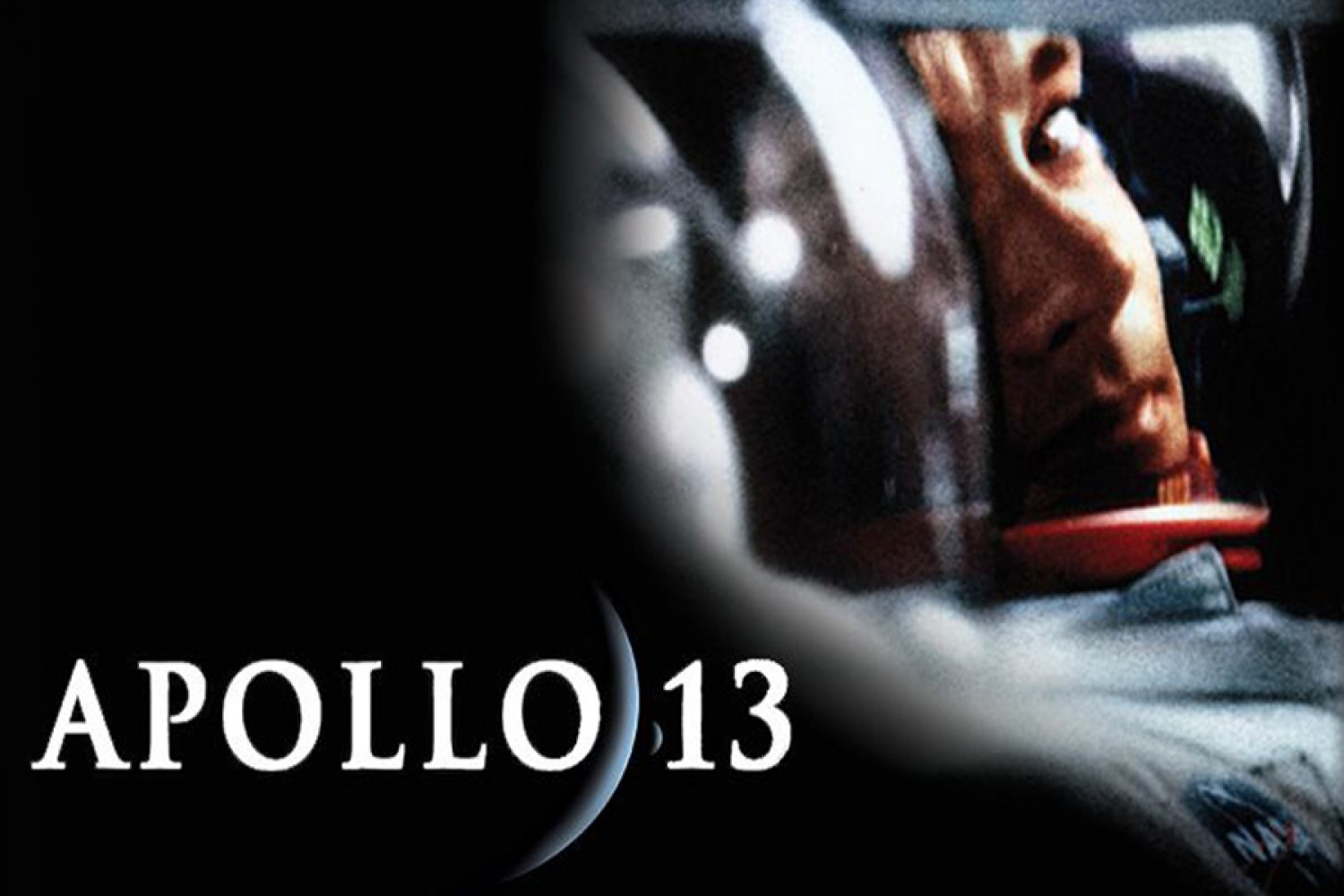
Is there anyone out there who doesn’t know this story? Probably… yes! When it was released one of the office juniors asked me what it was about as she thought it was science fiction. Those of us of an earlier vintage could remember it quite clearly.
The story of the ill fated third mission to land on the Moon was world wide headlines in 1970. Up until the ‘problem’ the American public had actually got bored with the Apollo Programme. Walking on the Moon? Haven’t they done that? Twice? Meh.
Is it accurate?
Pretty much. There are a few timing changes; the crew heard the explosion about a minute and a half after it happened rather than straight away, the Saturn V rocket gets rolled to the launch pad weeks rather than days before take off, stuff like that. There are a few interactions that are dramatised (Jim Lovell (Tom Hanks), Jack Swigert (Kevin Bacon), and Fred Haise (Bill Paxton) didn’t have the arguments, mistrust, suspicions, etc. with each other) and some NASA teams are amalgamated to save having to have a cast of thousands. But, on the whole, it is true to history.
Having said that the most famous line in the film is a misquote. “Houston, we have a problem” should have been “Uh, Houston, we’ve had a problem here” but Mr Howard thought that the tense change made it feel like the problem was ongoing rather than had happened and was dealt with.
Rush – Released – 2013 – Happened – 1973-1976
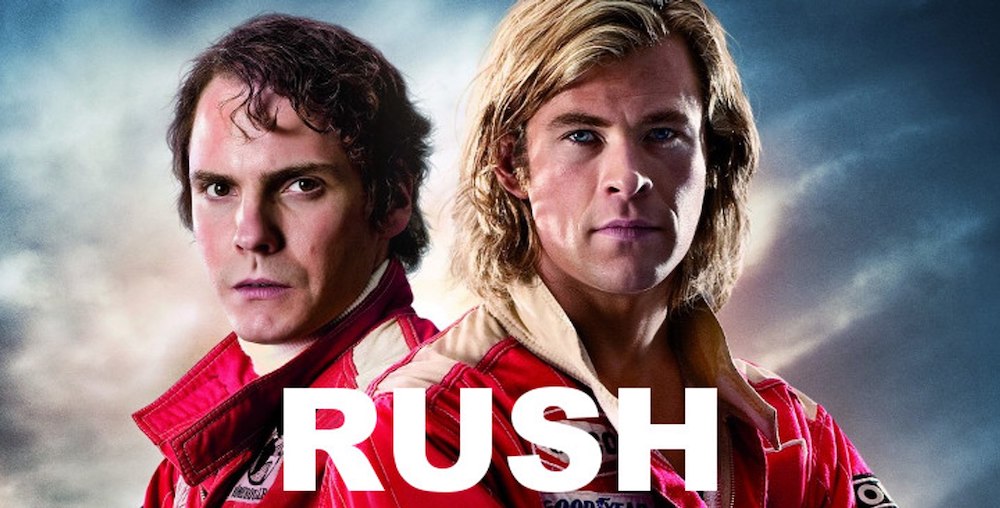
If you’re not a follower of Formula 1 then the ending of this film might come as a surprise. Well… two guys are racing, one wins the other doesn’t so it’s more like a 50/50 toss up. However, those of us that are fans know that this is the season that James Hunt had his one and only championship win and Niki Lauda had the crash that left him disfigured to his dying day.
Ron Howard does it again. Another story where you know the ending but you’re still on the edge of your seat. Chris Hemsworth is an excellent as the playboy and gadabout James Hunt while Daniel Brühl is the precise, measured Niki Lauda.
In real life Hunt more or less gave up after winning the championship. He raced for another two and a half seasons before retiring and becoming a commentator. He died of a heart attack in his sleep aged 45. Niki Lauda went on to win the championship three times and was still involved with F1 as non-executive chairman of the Mercedes AMG Petronas F1 Team until his death in 2019.
Is it accurate?
Not too far from the truth. A few things are altered for dramatic affect such as the antagonisation between Hunt and Lauda (there wasn’t any… they were friends and at one point shared a flat) and there are a few errors regarding the Japanese Grand Prix (only things that F1 fans planning on entering Mastermind would remember) but, in the main, on the nail.
Titanic – Released – 1997 – Happened -15/04/1912
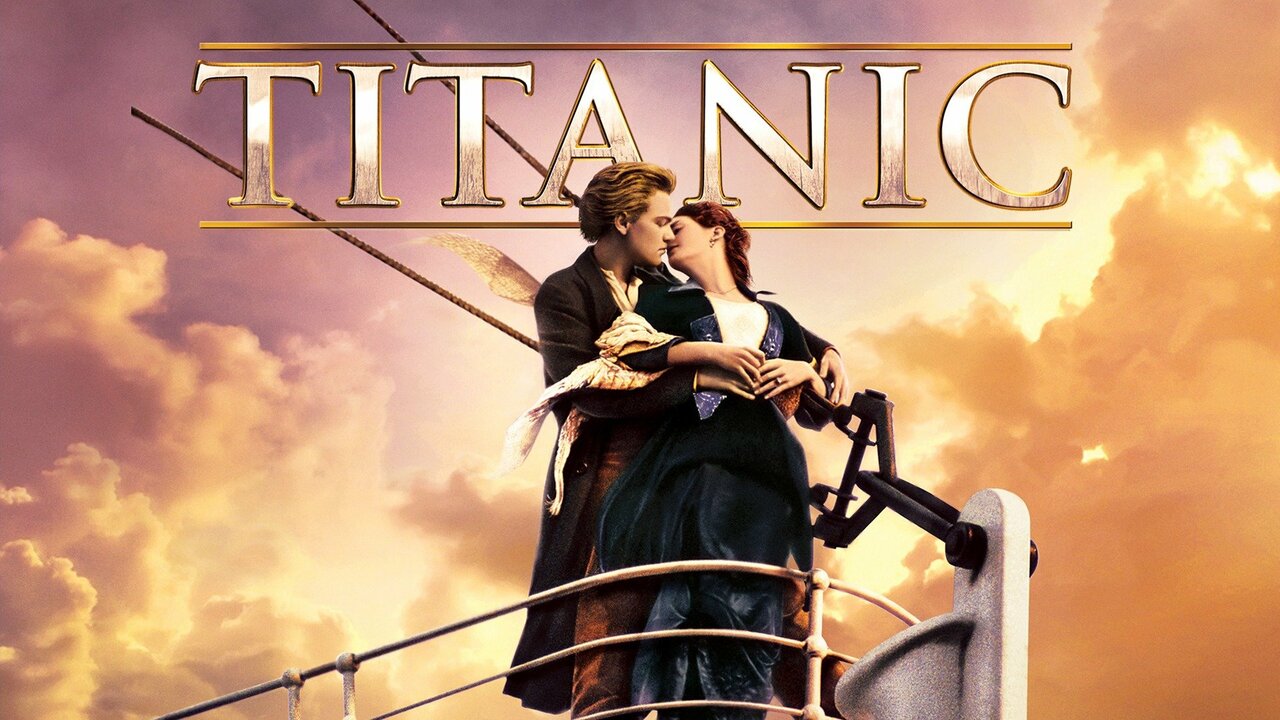
Titanic isn’t just the name of the ship, it’s the size of bladder you need to sit through this film which weighs in at around three and a quarter hours.
Based on the story of the ill fated, ‘unsinkable’, luxury liner that hit an iceberg during the maiden voyage and sank within three hours. Of the 2,224 people on board more than 1,500 died. Confidence in the unsinkability of the ship was such that the capacity was 3,327 passengers and crew but there were only lifeboat places for 1,178.
The secondary plot line (surely the boat is the primary story!) is the love that grows between working class cheeky chappy Jack (Leonardo DiCaprio) and posh girl Rose (Kate Winslet) who has had enough of her snobbish, selfish fiancé Cal (Billy Zane). After the boat goes down Cal gets on a lifeboat by ‘borrowing’ a child while Rose and Jack end up in the sea. Rose survives by climbing on a piece of driftwood while Jack drowns and starts bazillions of arguments over whether or not they could have both got on the wardrobe door or whatever it was.
Is it accurate?
Well there was a boat called ‘Titanic’ and it did have a bit of an incident with an iceberg. After that, well…
Sully: Miracle On The Hudson – Released – 2016 – Happened – 15/01/2009
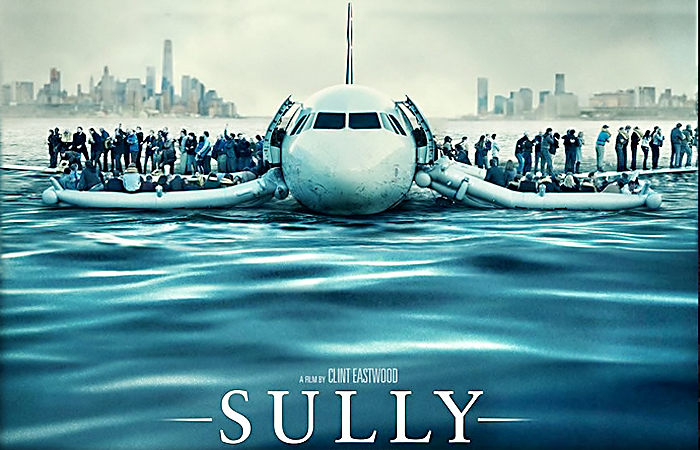
It is 15th January 2009 and Captain Chesley Sullenberger and First Officer Jeff Skiles take off from LaGuardia en route for Charlotte, North Carolina. Three minutes into the flight and they hit a flock of birds which knocks out both engines turning the jet liner into a badly designed glider with 155 people on board.
As we now know the crew decided against trying to return to an airport instead opting for a splash landing on the Hudson. Everyone is rescued and everyone is happy… apart from the airline and their insurers who want to try and find someone to blame.
Tom Hanks and Aaron Eckhart do a good job as the flight crew coping with the stress of an in flight emergency and a hostile crash investigation. All in all not a total waste of 96 minutes.
Is it accurate?
The main events of the story are a matter of public record and easily verifiable. However there are alterations in the way that that NTSB are portrayed as antagonistic and trying to find Sullenberger guilty; in reality the chief investigator did not think that the flight simulations proved a return to an airport was possible. I suppose the investigation scenes wouldn’t have been as gripping if they’d followed the facts.
The Social Network – Released – 2010 – Happened – October 2003
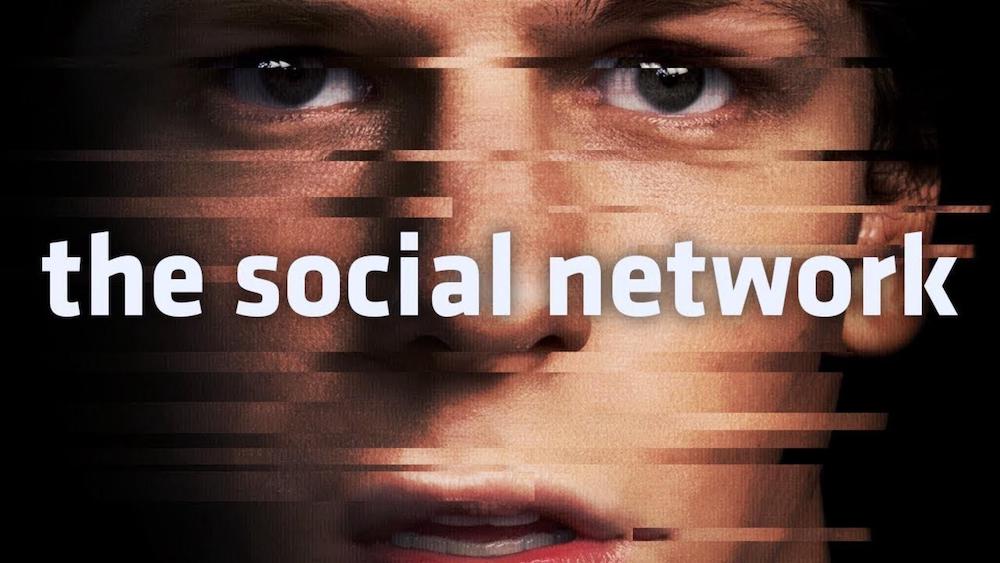
Ever heard of Facebook? I’m sure I don’t need to go into detail about what it is as as there’s a better than 1 in 4 chance that you’re one of the worldwide, active users; I remember joining years ago because I was an awkward bugger and everyone else was on MySpace! This is the story of how it was set up… sort of.
As a film it can more than hold its own. Jesse Eisenberg (Mark Zuckerberg) and Andrew Garfield (Eduardo Saverin) are excellent and Justin Timberlake seems like an actor rather than a singer trying to act. Add to that an Aaron Sorkin script, a raft of award nominations, and you have a winner.
Is it accurate?
Not according to Mark Zuckerberg! He says that the film portrayed him as setting the site up to attract girls whereas he regarded it as an intellectual and coding exercise… but then he would, wouldn’t he! Co-founder Eduardo Saverin said “the movie was clearly intended to be entertainment and not a fact-based documentary.” When Sorkin says “I don’t want my fidelity to be to the truth; I want it to be to storytelling” I think you can see exactly what level of accuracy we’re working with.
Chariots Of Fire – Released – 1981 – Happened – 1919-1924
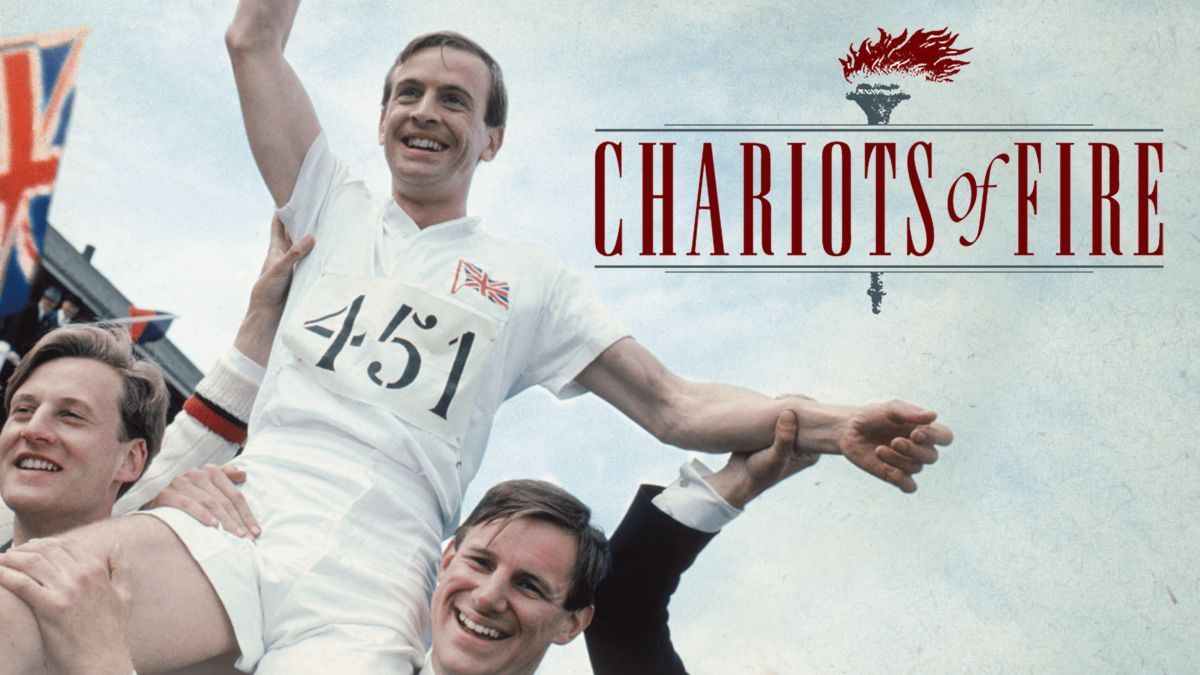
The 1924 Paris Olympics is the setting for this film… as if you didn’t know! The main protagonists are Eric Liddell and Harold Abrahams; Liddell (Ian Charleston), a devout Scottish Christian running for the glory of his God, and Harold Abrahams (Ben Cross), an English Jew who runs to overcome prejudice. Abrahams makes things even worse for himself by “playing the tradesman” after employing a professional coach… very ungentlemanly but nicely played by Ian Holm
From Cambridge University and the churches of Scotland, Liddell and Abrahams succeed in being selected for the Olympics along with half of the Cambridge student body. Training seems to consist of running in slow motion on the beach. Off to Paris for running, gentlemanly swapping of races, and medals all round.
I do like this film and not just because parts of it were filmed locally and my cousin was an extra. It’s a good story, which is well presented and performed. Colin Welland’s script hits all the right buttons, not one of which is a surprise. Formulaic? A bit but it’s not like you were expecting a twist now, is it?
Is it accurate?
Partially. Havers’ character, Lord Lindsay, is an amalgam of Lord Burghley and Douglas Lowe neither of whom wanted to be involved with the film but Burghley did use the hurdle training technique shown except he used match boxes rather than champagne glasses. Abrahams never did the Great Court Run, Burghley was the first to do it in 1927. Some liberties are taken with events at the Olympics themselves but nothing too drastic. At a special screening Liddell’s widow commented that her husband was a much more graceful runner than was depicted however the only thing they knew for sure about Liddell was a newsreel of him in a race and they copied his style exactly!
Hidden Figures – Released – 2016 – Happened – 1961-1962
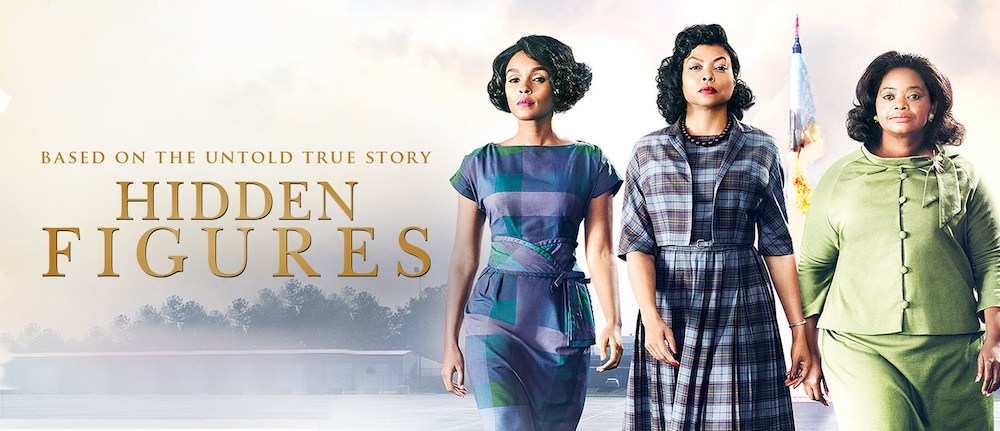
Back in the early 60s a computer was not a machine but a person… one who computed. In the case of NASA in 1961 the people doing the maths were a group of African-American women. As a child at that time I was aware of the discrimination against black people in South Africa (boycotts of Cape brand fruit were going on and I remember the big displays gradually disappearing) but I never realised how bad it was in the USA during my life time.
This is a layered film exploring racism, romance, family life problems for single, working mothers, and, obviously, the hard sums that had to be solved to make sure that the rockets did what they were supposed to do. Well made, well acted, and an entertaining way to pass a couple of hours.
Is it accurate?
Some tweeks for dramatic reasons. While there were segregated facilities they weren’t always adhered to. The smashing of the sign over the coloured toilet never actually happened. Mary Jackson did not have to get a court order to attend night classes at the whites-only high school. She just asked for an exception, and got it. Katherine Goble was asked to check the IBM figures by John Glenn but she actually had a few days to do it rather than the minutes portrayed in the film.
The King’s Speech – Released – 2010 – Happened – 1934-1939
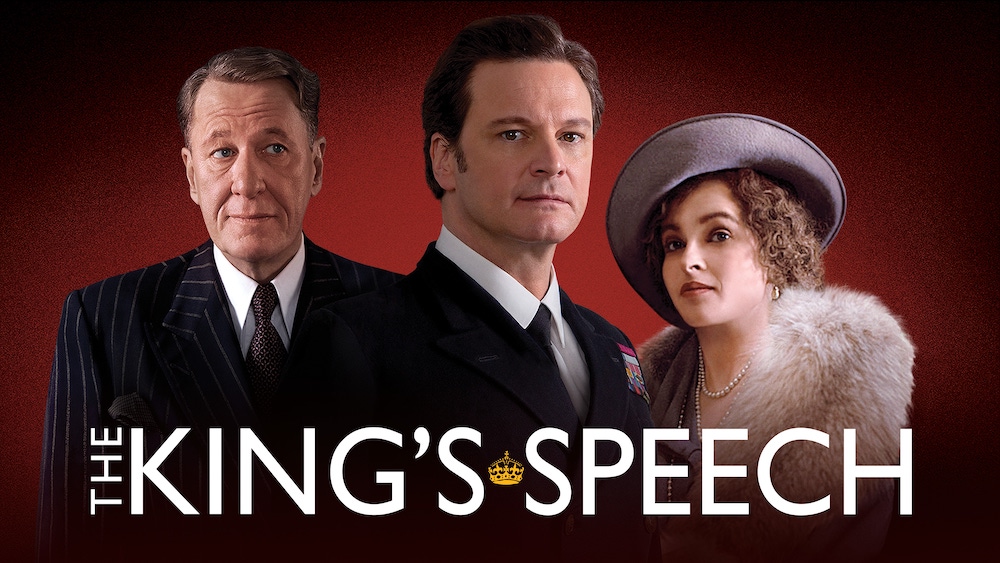
What a life! One minute you’re happily in your castle, sitting around, and living off the civil list, the next your brother drops you in it and you become king. Problem is you have a stutter and kings are expected to make speeches so you need to get a speech therapist to sort things out for you.
That in a nutshell is the essence both of the film and the reality. Bertie (Firth) is a couple of steps down from being kept locked in the attic but fortunately brother David is up to snuff and can go on as Edward VIII. Sadly David falls for American doubly divorced socialite Wallis Simpson and gives up the throne meaning that Bertie has to become George VI.
Colin Firth seems ideally suited to be the king so it seems odd now that he was third choice for the part; Paul Bettany (Yes… Vision!) and Hugh Grant (think on that when you watch him in The Gentlemen) both turned it down.
Is it accurate?
An adviser on the film, Hugo Vickers, agreed that the alteration of historical details to preserve the essence of the dramatic story was sometimes necessary. In this film that was mainly down to the compression of the time line and a few instances where people were there when they wouldn’t actually have been; for instance, the high-ranking officials would not have been present when the King made his speech.
Frost/Nixon – Released – 2008 – Happened – March 1977
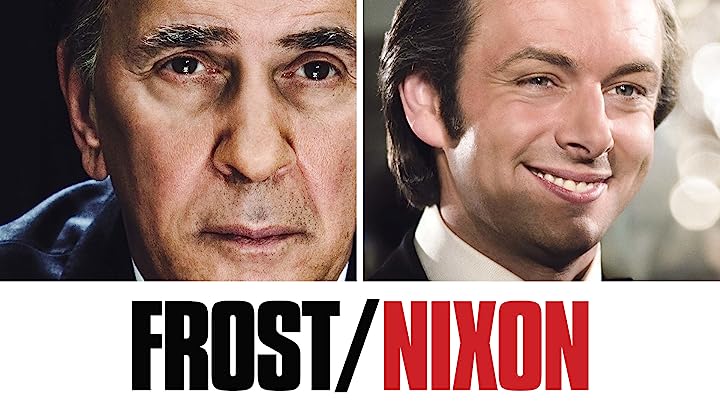
Once again we have Ron Howard at the helm of a true story… has the man no imagination‽
It’s 1977. Richard Nixon resigned in disgrace in 1974. David Frost seemed to be everywhere, in the UK at least. I grew up watching David Frost; he did deeply satirical comedy sketch shows but was also held in high enough regard to have interviewed every British Prime Minister between 1964 and 2014 and every U.S. President between 1969 and 2008. I’m assured that he was also a regular on TV in the States and kept the Concorde going single handed.
Is it accurate?
The film does makes it seem like there was a bit of a to do regarding arranging the interview and that Nixon (Frank Langella) and Frost (Michael Sheen) were meeting for the first time, but in fact Frost had interviewed Nixon for U.S. network television in 1968 as part of a series of interviews of leading candidates in the Presidential election of that year.
Also, in the film, it looks like Frost feels he did a poor job in the first two interviews… that wasn’t Frost. David Frost never doubted his own abilities. He felt that he did a pretty good job on every interview.
Quiz Show – Released – 1994 – Happened – 1956
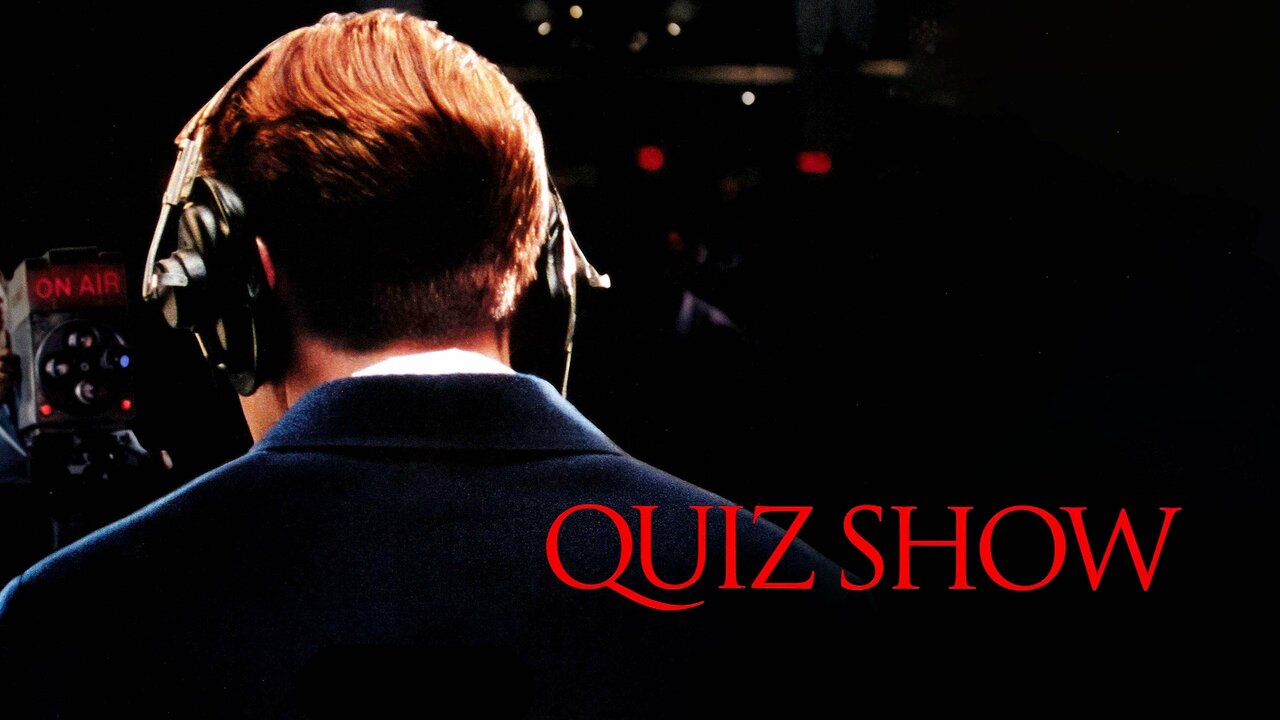
It’s the USA, it’s the mid 50s, and big money quiz shows are all the rage. Questions are stored in bank safes and delivered by armed guards. The only problem is that the whole thing is a fix. While the questions might be in safes, copies are in the hands of the producers who feed the answers to the people they want to win.
Herb Stempel (John Turturro) is an everyday Joe. Bright kid, reads a lot, good memory. He gets in touch asking to be a contestant and gets on the show. He’s the reigning champion and answers question after question, beating all comers. Unfortunately he’s a bit too common and his ratings start to slip. Then along comes the intellectual, literate, highly qualified son of a Pulitzer Prize winning poet and a novelist Charles Van Doren (Ralph Fiennes).
Stempel is made to jump before he’s pushed and Van Doren reigns for a while. Eventually someone smells a rat and a scandal develops.
Is it accurate?
The director, Robert Redford, said that dramatic license had been taken to save it just being a documentary. Time scales were compressed, this particular scandal ran over three years rather than one as shown in the film, Van Doren was engaged at the time not unattached, and he went back to teaching unlike the statement in the film’s epilogue.
The Big Short – Released – 2015 – Happened – 2007-2008
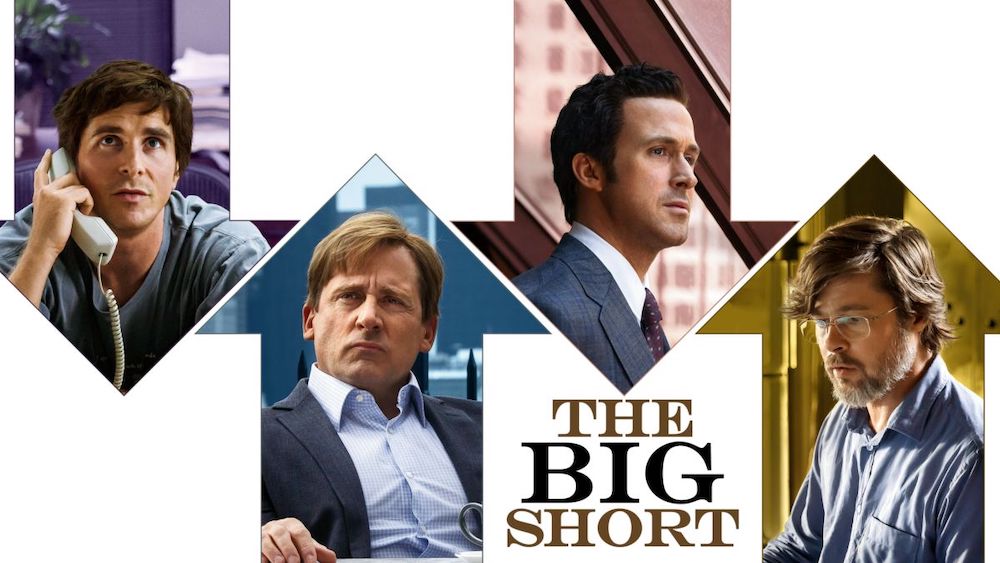
We’re back in the USA again but, this time, it’s the early years of the 21st century. There are, apparently, something called subprime loans. Basically, these are loans, usually mortgages, given to people who may be unable to keep the payments and may lead to foreclosure. Michael Burry (Christian Bale) discovers the US housing market is based on these loans and is extremely unstable…the market not Burry! Burry found a way to bet against this market so, when it collapsed, he more than doubled his stake.
Given that his stake was around the $1billion mark, that’s a fair amount to be paid back at a 489% return. The unfortunate fact is for every hedge fund manager making $2.69 billion clear profit there were millions of ordinary people losing their homes due to failing collateralised debt obligations (CDO). As is often the way with films along the spectrum from fiction to non-fiction there is a message at the end. The epilogue here is one of the most frightening. It says that as of 2015, banks are selling CDOs again under a new label: “Bespoke Tranche Opportunity”.
Is It Accurate?
Apparently, it is frighteningly accurate. Some of the names have been changed, probably for dramatic reasons, but the main one, Michael Burry is the real chap. The actual mechanics of the collapse were so close to how things happened that the film had a renaissance during the GameStop short squeeze of 2021!
Obviously there are loads more than these few titles. I had another twenty or so films lined up but, who knows, there may yet be a Volume 2!
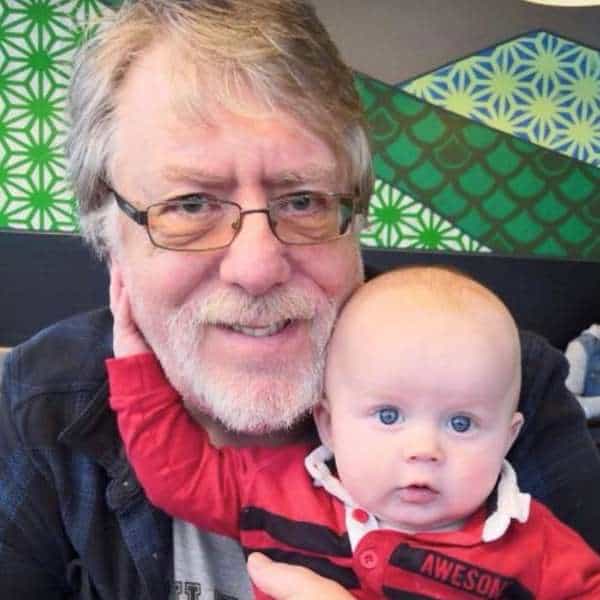
Former teacher, lecturer, homelessness administrator, pharmacy dispenser now happily retired, happily married, and a very happy granddad. I live next to the Mersey but on the side Daniel Craig and Taron Egerton come from rather than the side the Beatles came from!




